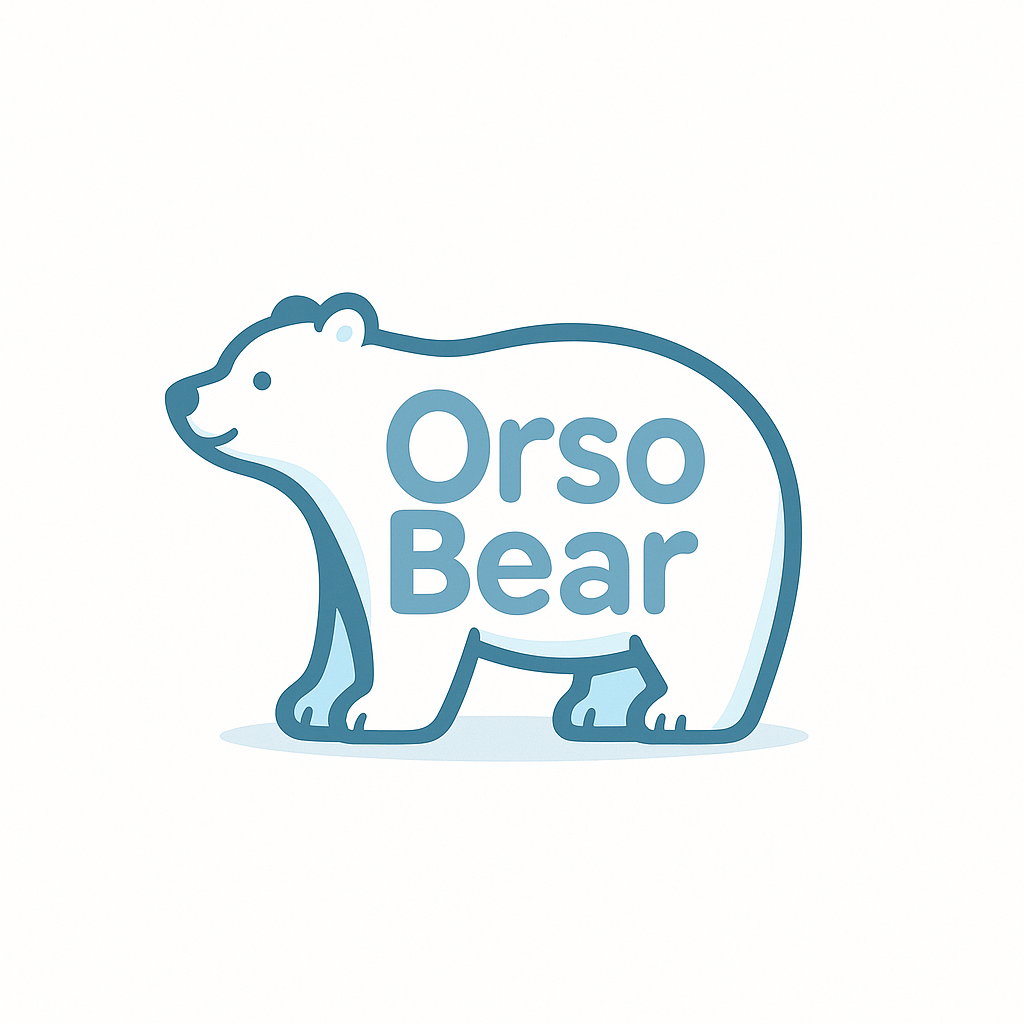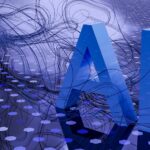The Future of Natural Language Processing: Envisioning a Seamless AI-Driven World
Imagine a world where your devices can understand and respond to you just as another human would. Where your business operations are supercharged by artificial intelligence (AI) that can not only comprehend human language but also analyze sentiment, extract critical information, and make complex decisions based on that data. This is no longer a far-fetched sci-fi concept. With the advent of natural language processing (NLP), this future is closer than you think.
Understanding Natural Language Processing
Natural language processing is a subfield of artificial intelligence that focuses on the interaction between computers and humans through natural language. The ultimate objective of NLP is to read, decipher, understand, and make sense of the human language in a valuable way. It’s the driving force behind voice-operated intelligent assistants like Siri and Alexa, and language translation apps such as Google Translate.
NLP technology has seen enormous advancements in recent years, driven by the advent of sophisticated machine learning algorithms and a surge in computational power and data availability. However, we’ve only just scratched the surface of what’s possible. Let’s explore what the future holds for NLP and how it could revolutionize the way we live and do business.
Advancements in NLP Capabilities
One of the most significant advancements in NLP is the development of transformer models like Google’s BERT (Bidirectional Encoder Representations from Transformers). BERT has revolutionized the way machines understand language by considering the full context of a word by looking at the words that come before and after it. This is a significant departure from previous models, which only examined words in one direction, often leading to a lack of understanding of the context.
In the future, we can expect to see more advanced versions of transformer models that can better understand and generate human language. OpenAI’s GPT-3, for example, can generate impressively human-like text, opening up a whole new world of possibilities for AI-powered content creation.
Practical Applications of Future NLP
The future advancements in NLP will have far-reaching implications across various sectors. In the healthcare industry, for instance, NLP can be used to analyze patient records, research documents, and treatment plans to provide personalized care and improve health outcomes. A case study by the University of Pennsylvania showed that NLP could predict the risk of suicide attempts with an accuracy of over 90%, highlighting its potential in mental health treatment.
For small business owners, NLP can revolutionize customer service and market research. AI-powered chatbots can handle customer queries more efficiently, freeing up human staff for more complex tasks. In market research, NLP can be used to analyze social media posts, customer reviews, and other unstructured data to gain valuable insights about customer preferences and market trends.
Future Implications and Trends
As NLP technology continues to evolve, we can expect to see a rise in conversational AI. These are AI systems that can engage in human-like dialogue, recognizing speech, understanding context, and responding in a way that mimics human conversation. This will transform the customer service industry, make virtual assistants more useful, and pave the way for more intuitive user interfaces.
Another trend to watch out for is the use of NLP in content creation. With AI like GPT-3 able to generate human-like text, we could see a future where AI assists or even replaces humans in creating content for websites, blogs, and social media posts.
However, with all these advancements, it’s crucial to remember the ethical implications. Issues around data privacy, AI bias, and the potential misuse of AI-generated content need to be addressed to ensure that NLP technology is used responsibly and ethically.
Conclusion: Embracing the Future of NLP
The future of natural language processing is full of exciting possibilities. From more advanced language understanding models to AI-powered content creation, NLP is set to revolutionize many aspects of our lives and businesses. However, as we embrace these technological advancements, it’s crucial to consider the ethical implications and strive for responsible and ethical AI use.
For small business owners, understanding and harnessing NLP technology could be a game-changer, offering opportunities to streamline operations, enhance customer service, and gain valuable market insights. The future is here, and it speaks our language.




